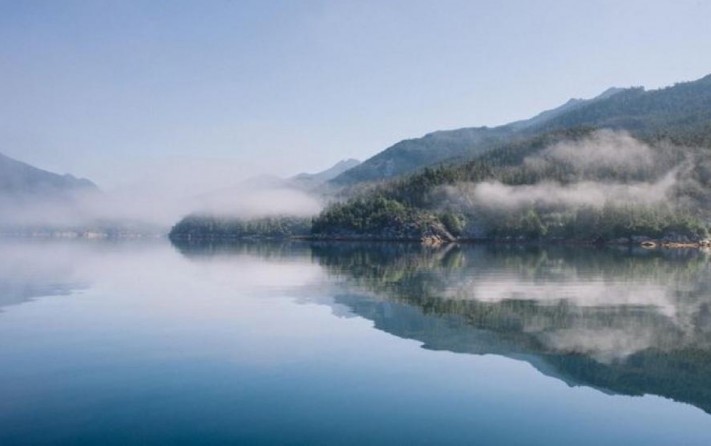It’s a decision that is seen as a victory for many resort communities in British Columbia that have been battling short-term rentals, which they say have removed as much as 10 per cent of housing for local workers, shorted local communities on taxes because owners don’t pay business taxes and driven up the price of vacation properties.
Mr. Cade and Mr. Patton built the cabins at Red Lake, 56 kilometres northwest of Kamloops, a decade ago to be family getaway spots. For them, the decision is devastating for tourism in the area and for others, such as themselves, who were trying to cover expenses for a vacation property by renting it out.
“I’ve been getting calls from people on other lakes who fear the same thing will happen to them,” said Mr. Cade, a web developer in the Lower Mainland where he’s never been able to afford to buy a house. Mr. Patton is a small-businessman in Kelowna.
Mr. Cade said they rented out the two 800-square-foot cabins for the past 10 years, when they weren’t being used by family, to everyone from provincial conservation officers, to search-and-rescue workers and to avid fishers like themselves. He says that most of their neighbours welcomed what they were doing, as did the community because they sometimes donated free nights to local charities.
Now, they say, they’ll have to sell because they can’t afford to pay for them without the rental income. They say they can’t afford to appeal the Supreme Court decision because they’re out of money.
“We’re being forced by the [regional district] to surrender our getaway cabins at a loss,” Mr. Patton said.
But the director of development services for the district said that the injunction request wasn’t something the district undertook lightly.
“Our board isn’t totally opposed [to vacation rentals],” Regina Sadlikova said. “On the lakes where places are rented for a week or so at a time, there are no complaints. But the whole system falls apart if houses become hotels.”
Ms. Sadlikova said that there were a number of neighbour reports about noise and parties at the Red Lake properties that led the district to take the unusual step of going to court. She said the district only has one bylaw-enforcement officer for its 46,000 square kilometres, so prosecution is inevitably driven by complaints. It only sees about one complaint a year, she said, even though there are hundreds of short-term rentals in the district.
The district is also clearly sensitive to increasing anger from some local residents who feel as though the atmosphere in their resort communities is being altered.
“It used to be just friends and family coming here who borrowed your cabin. Now, you’re getting strangers next door every three nights. These people are buying up lots, tearing down the little cabins that are affordable to build monster homes and rent them out,” said Linda Hartl, a retired IT consultant originally from Vancouver who bought a small house with her husband at East Barriere Lake 17 years ago.
“We had one group up here in August, guys who went up into the mountains, doing shooting practice after drinking. The residents get real nervous.”
She and her neighbours were successful in getting the district to turn down in June a “temporary use permit” for short-term rentals at the house next door, where a Langley pastor had applied for one for his vacation property.
Last month, directors with the regional district asked the province to allow local governments the authority to require operators of short-term rentals to be classified as businesses and taxed accordingly. The province has not yet responded.
